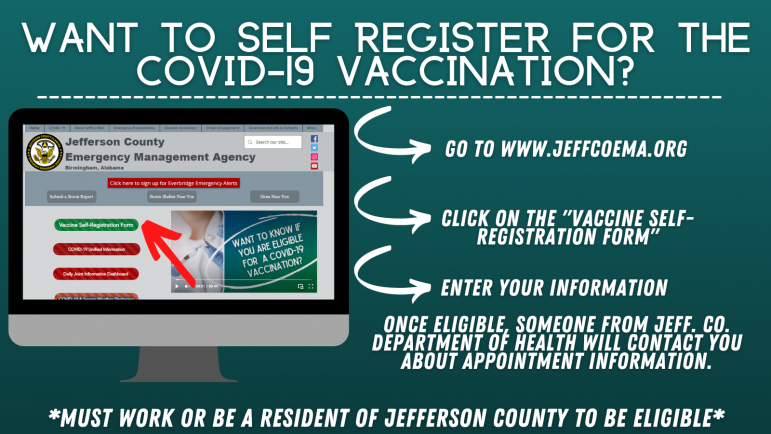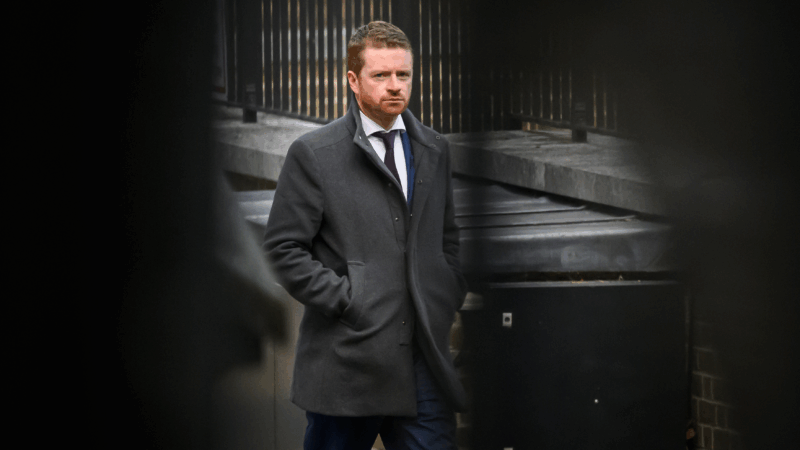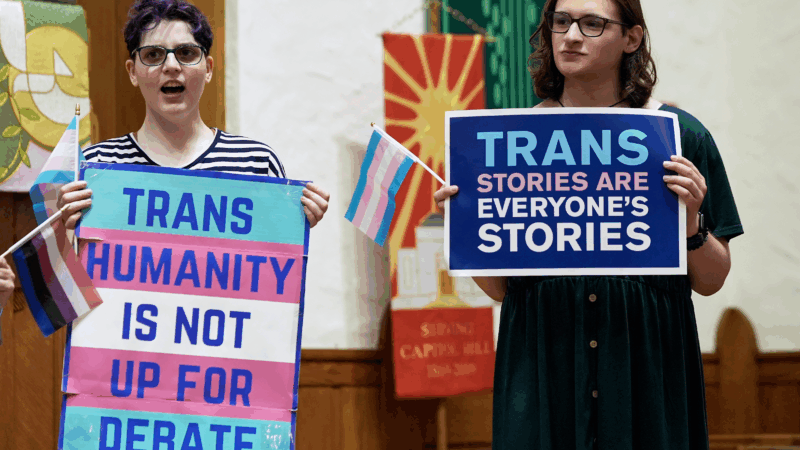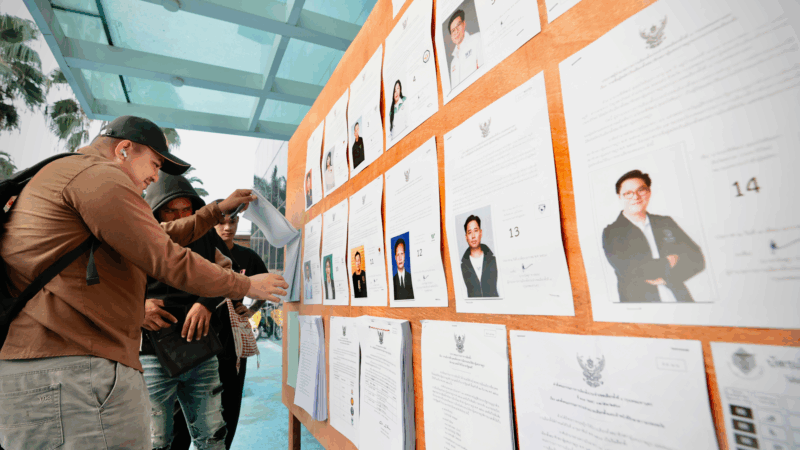What You Need To Know About The COVID Vaccine Rollout In Alabama
As of Monday afternoon, Alabama has distributed more than 87,000 doses of coronavirus vaccines, about one-third of the roughly 270,000 doses allocated to the state. Next week, the state is expanding the list of who is eligible to receive the vaccine. But many residents have questions about the process. Here are some answers about where Alabama stands in the effort to distribute the COVID-19 vaccine.
Who can get a vaccine?
Eligibility criteria and prioritization is set by the Alabama Department of Public Health (ADPH), which is organizing vaccine distribution at most county health departments. At the same time, local health officials can decide to vaccinate additional groups if they have capacity, so some counties are ahead of others.
Statewide, health care workers and people who live or work in long term care facilities are currently eligible to receive the vaccine. Beginning Monday, January 18, the state will broaden that criteria to include residents who are aged 75 and older and additional first responders, such as law enforcement officers and firefighters.
I fit one of those categories. How do I get a vaccine?
If you live or work in a long term care facility, the vaccine should come to you via a federal program partnering with CVS and Walgreens pharmacies. This program, which started in Alabama on December 28, sends pharmacy employees to long term care facilities to administer the vaccine.
If you are a health care worker and you work at a hospital or clinic that received a vaccine allotment, your employer will likely notify you when it is your turn.
All eligible Alabama residents, except for those who live in Jefferson County, can schedule an appointment through the ADPH. The state established a hotline on Friday to schedule appointments at county health departments. That toll-free phone number is 1-855-566-5333. Telephone calls are answered from 8 a.m. until 5 p.m. seven days a week, although ADPH employees are struggling to keep up with massive call volume, having received more than one million calls the first day.
State officials urge residents to only call the scheduling hotline if they are eligible or about to become eligible for a vaccine. For general questions about vaccination, residents can all 1-800-270-7268.
What is the process for people who live in Jefferson County?
The Jefferson County Department of Health (JCDH) has its own system to register residents for vaccination. If you live or work in the county, you can go online or call 205-858-2221 to ask questions and sign up to receive a vaccine. The hotline is available Monday through Friday, 8 a.m. to 5 p.m.
After you call or fill in the online form, JCDH officials will contact you when you become eligible and an appointment is available.

Vaccine distribution is going slower in Alabama than in most states, and officials have distributed about 32% of the doses that have been allotted to the state. What is causing delays?
State health officials said a big challenge has been figuring out the logistics of distribution. Local hospitals, clinics and health departments have varying amounts of resources and manpower to establish and operate vaccination sites. There are hundreds of thousands of people included in each eligibility group and up until now, the state has not had a centralized system to schedule vaccines for the general public.
Jefferson County’s health officer, Dr. Mark Wilson, said Monday during a news conference that the process is complex and county employees are learning as they go.
“We’re just getting started with this, with a limited supply, with very limited number of vaccination providers,” Wilson said. “But we are going to see it really mushroom overtime with more and more providers, more vaccine.”
Wilson said JCDH is working to establish additional vaccination sites to speed up the rollout. On a state level, ADPH officials are developing an online portal for people to schedule appointments, which should ease demand for the hotline.
What’s next? When can people know when they can get vaccinated?
The state’s priority list of who is eligible is divided into different phases, but officials are not opening up all of a phase at once.
On Monday, the state is moving on to the next phase, which includes residents aged 75 and older and additional first responders. But other groups in that phase, including teachers and people who live in congregate housing, are not yet eligible. They are next on the list.
Some counties may be able to move forward and expand eligibility criteria before others. In general, state officials said there is no timeline for the rollout because it is not clear when more vaccine doses are coming and supply is limited. They expect the pace to pick up in coming weeks, but they said distribution to all state residents will take many months.
U.K. leader’s chief of staff quits over hiring of Epstein friend as U.S. ambassador
British Prime Minister Keir Starmer's chief of staff resigned Sunday over the furor surrounding the appointment of Peter Mandelson as U.K. ambassador to the U.S. despite his ties to Jeffrey Epstein.
Trump administration lauds plastic surgeons’ statement on trans surgery for minors
A patient who came to regret the top surgery she got as a teen won a $2 million malpractice suit. Then, the American Society of Plastic Surgeons clarified its position that surgery is not recommended for transgender minors.
Sunday Puzzle: -IUM Pandemonium
NPR's Ayesha Rascoe plays the puzzle with KPBS listener Anthony Baio and Weekend Edition Puzzlemaster Will Shortz.
Thailand counts votes in early election with 3 main parties vying for power
Vote counting was underway in Thailand's early general election on Sunday, seen as a three-way race among competing visions of progressive, populist and old-fashioned patronage politics.
US ski star Lindsey Vonn crashes in Olympic downhill race
In an explosive crash near the top of the downhill course in Cortina, Vonn landed a jump perpendicular to the slope and tumbled to a stop shortly below.
For many U.S. Olympic athletes, Italy feels like home turf
Many spent their careers training on the mountains they'll be competing on at the Winter Games. Lindsey Vonn wanted to stage a comeback on these slopes and Jessie Diggins won her first World Cup there.







